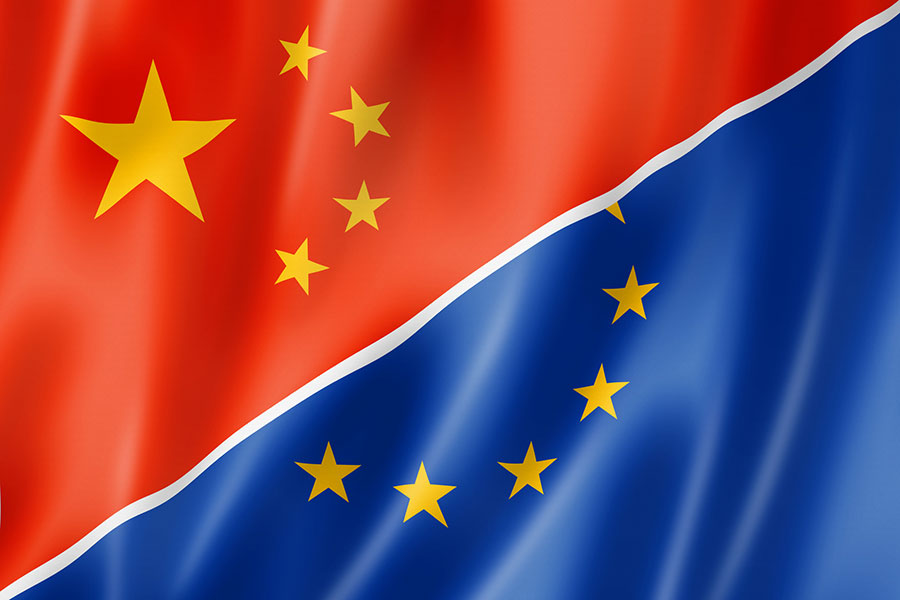The College of EU Commissioners discussed today the political, economic and legal implications resulting from the expiry on 11 December 2016 of some provisions in China’s Protocol of Accession to the World Trade Organisation (WTO) and what consequences to draw from this. This discussion follows up on a first orientation debate held on 13 January on whether, and if so how, the EU should change the treatment of China in anti-dumping and anti-subsidy investigations after December 2016. Since then, an in-depth impact assessment and a public consultation were carried out.
At the orientation debate today, the College of Commissioners discussed the three options examined in the impact assessment. The College agreed that the Commission must make sure that Europe has trade defence instruments that can deal with the current realities – notably existing overcapacities – in the international trading environment, while respecting the EU’s international obligations in the WTO legal framework.
EU Commission Vice-President Jyrki Katainen, responsible for Jobs, Growth, Investment and Competitiveness, said: “Fair and open trade is Europe’s best growth lever. Today’s discussion was not about whether or not China is a Market Economy. It is about how to adapt our trade defence instruments to deal with the realities of over-capacity and a changing international legal framework.”
EU Trade Commissioner Cecilia Malmström commented: “The European Union is the world’s largest trading partner. However, trade must be fair. The current situation of overcapacity, notably in steel, has shown that we need effective trade defence instruments to uphold fair trade and address market distortions in the future.”
Taking into account the College debate of today, the Commission will revert to the matter and table a proposal before the end of this year. In the meantime, progress can and should be made to strengthen the existing trade defence instruments. The Commission calls on Member States to move swiftly in the adoption of the proposal tabled in 2013 to modernise the EU’s trade defence instruments. At the same time, and as stressed just this week by the Foreign Affairs Council, China should make significant and verifiable cuts in industrial over-capacity based on a clear timeline of commitments and an independent monitoring mechanism.



